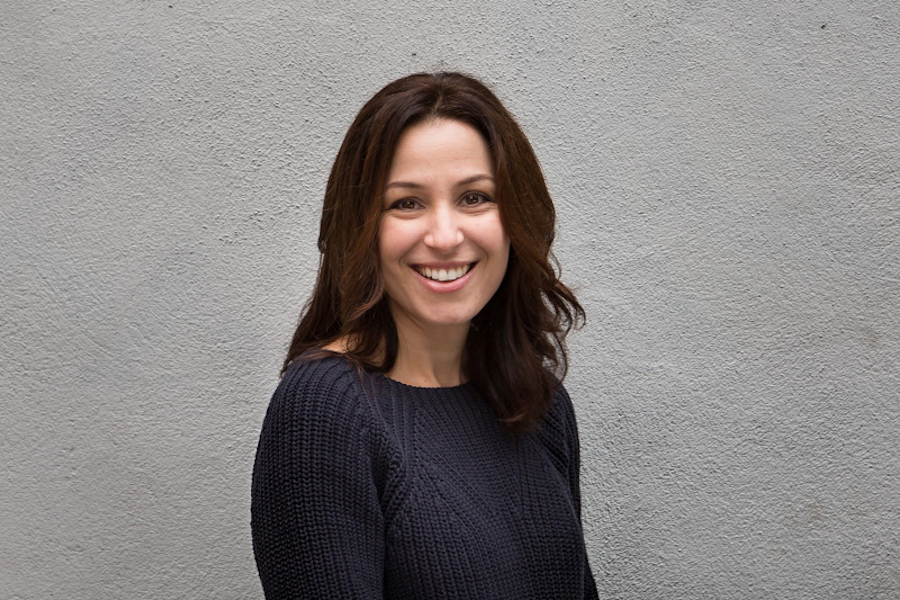How Spacing Out Can Unlock Your Most Productive and Creative Self

“Boredom is a luxury we should give ourselves permission to indulge in more often. It’s good for our brains, our sanity, and for keeping in touch with ourselves.”
On the subway this morning, a sticky mid-July Thursday, the woman sitting next to me started yelling into her phone: “Don’t forget my sunglasses! And the towel!” I was happy for my fellow commuter. How nice that she had a beach trip planned. But did she really need to sort out all the fine details while I was pressed up against her sweaty left side on the F train?
Having Wifi and cellular service underground is still new for New Yorkers. Until recently, a subway ride not only got you from Point A to Point B but it also gave you a break from any incoming texts, emails, and calls. Just a few months ago certain stations and lines were complete internet dead zones. Riders had to download whatever they wanted to read or listen to before going down to the platform. If you wanted to check email, the best you could do was clean out a paralyzed inbox. Read, delete, read, delete. And then maybe, you’d take a minute (or sometimes even the whole ride) to just space out. I, for example, liked to take note of which toenail polish color was in style, depending on the neighborhood that the train passed through (various shades of blue in Brooklyn; still classic bright red on the upper east side). On the way home, I’d mentally prepare myself for staying calm through bedtime with my kids. One night I came up with an amazing plan for dinner that used up the leftover quinoa waiting forlornly in the fridge. The point is, being disconnected on the subway made the ride kind of boring. And once I got bored, my mind got a chance to wander to mundane, weird, and wonderful places!
Now that the subway is more connected and phone-friendly, I’ve been trying to deliberately get those moments back. To put my phone in my bag. To get bored. On purpose. Why? Because research has shown that when we get bored, we ignite a network in our brain called the Default Mode. This is where we do some of our most original thinking and problem-solving. We make sense of our lives, set goals, and make plans of action. Think about it. When was the last time you had a personal breakthrough while responding to email, following links, or FaceTiming with a friend about what you should pack to go to the beach?
If giving yourself time to think sounds like an obvious epiphany, consider this: in 2015, when I asked my listeners to join me in a week of experiments to rethink our smartphone habits and see if we could get bored more often, 20,000 people immediately signed up. The results of that week-long project (which I came up with during an extremely boring subway ride; #meta) inspired me to write an entire book on boredom and how technology affects our behavior, thinking, and habits.
From what thousands of people have told me, many of us believe boredom is a luxury of the modern age. But from what I’ve learned from neuroscientists and psychologists, boredom is a luxury we should give ourselves permission to indulge in more often. It’s good for our brains, our sanity, and for keeping in touch with ourselves.
So the next time you find yourself surrounded by people who are swiping, tapping, or chatting, see what it’s like to be the one who puts the smartphone away. Take a look around. Enjoy some people watching. Or just stare at some toes. Or the wall. Get a little bored and let your mind wander. It may pleasantly surprise you with where it goes.
Manoush Zomorodi is the host and managing editor of the “Note to Self” podcast from WNYC Studios and author of Bored and Brilliant, on sale Sept. 5.
To read more inspiring content like this, sign up for Maria’s Sunday Paper newsletter below.
READ MORE STORIES THAT MOVE HUMANITY FORWARD
READ MORE STORIES THAT MOVE HUMANITY FORWARD
SIGN UP FOR MARIA’S SUNDAY PAPER

